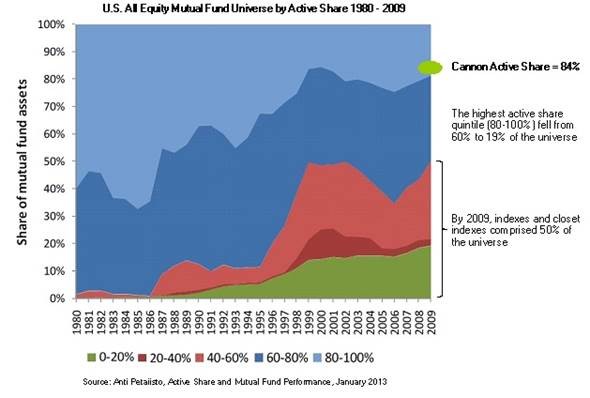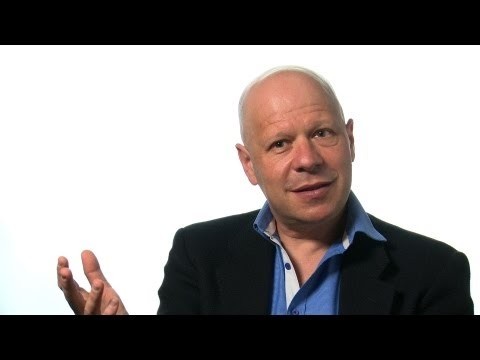Does size of a Mutual Fund really matter
Post on: 22 Июнь, 2015 No Comment

In today’s era, the realm of finance and investments is filled with overt exuberance. Be it Asset Management Companies (i.e. Mutual Fund houses), PMS (Portfolio Management Service) managers or even broking firm are all boasting of managing large AUMs (Assets Under Management) — calling themselves big. The advertising agencies (along with the marketing team of theses AMCs, PMS houses and broking firm) are doing a great job of painting the city with all such tall claims. But the question remains — Can such tall claims really help you make great investment decisions?
Today the impact of these advertising campaigns is so high, that we have lost the idea of simplicity and prudence while investing. Everything appears so innovative and colourful. Even your friends, colleagues and family members are influenced by the idea of big is beautiful, and in the bargain made terrible investment decisions.
Remember while big may echo boldness, but small would look beautiful!
While investing in mutual funds too, very often, many of you investors are of the belief that larger the AUMs managed by a mutual fund house, the better it is. You may think that it reveals the magnitude of the trust evinced by several investors.
Yes, sure it does depict the magnitude of the trust evinced by several investors, but it does not always signify that you are making a prudent investment decision.
Just relying on what your agent / distributor / relationship manager is saying that larger the AUM of a fund, the better it is! may not lead you to take wealthy investment decisions. But for him (agent / distributor / relationship manager), it would certainly be a wealthy advise as he’ll get hefty commissions from these large fund houses .
Remember, during the euphoria of the equity markets all the unscrupulous intermediaries are just there to make hay when the sun shines (as they are bred by large fund houses with large AUMs). But for you to create wealth in the long-term what’s required apart from confidence while investing (which you get by judging by the AUM size), is the performance your mutual fund scheme . And when we talk about performance it does not only mean returns generated by the fund, but also how well the fund manages the risk which it is exposed to, the portfolio and the investment systems and processes.
(NAV data is as on April 04, 2011. Standard Deviation and Sharpe ratio is calculated over a 3-Yr period. Risk-free rate is assumed to be 6.37%)
*AUM as on December 31, 2010
(Source: ACE MF, Personal FN Research)
It is depicted by the table above that mutual fund schemes with large AUMs (barring HDFC Top 200 Fund) have delivered unappealing returns, when judged over a 3-Yr time frame. Most of them have taken medium to high risk (as revealed by the Standard Deviation), but have failed to adequately compensate their investors for the risk taken (as indicated by the Sharpe Ratio).

On the other hand if you analyse the performance of the mutual fund schemes with smaller AUMs you’ll notice that they have rewarded their investors very well. In fact they have been medium risk takers, but have delivered quite enticing risk-adjusted returns (as revealed by their Sharpe Ratio), thus making them medium risk-high return investment propositions.
Mind you we are not saying that all mutual schemes with large AUMs are bad. But of course if you make your investment decisions sorely based on the pro- large AUM size talk given by your agent / distributor / relationship manager, then that is certainly bad, as you may erode your wealth.
While most of you give too much emphasis on performance, what it is required along with it, is the need to judge whether the mutual fund scheme follows sound investment processes and systems. This is because it will help you obtain a fair idea, whether your money would be deployed in the equity markets follows an investment philosophy or whether it is going to be risked for momentum playing.
Selecting a mutual fund scheme based on its AUM size is rather absurd. Yes we call it absurd because the ability of the fund in sailing through distress times, is a function of its stock picking exercise, which is reflected through the investment processes and systems followed by the fund.
Remember it’s your hard earned savings which you are investing in mutual fund schemes with the objective of wealth creation . Hence it becomes imperative for you to select funds which can stand by you through sickness and health. This is similar to not risking yourself to marry someone from a wealthy family, but to marry someone who can stand by you through thick and thin.
This article was written exclusively for Equitymaster, India’s leading Independent research initiative. Trusted by over a million members all over the world, Equitymaster is known for its well-researched, unbiased and honest opinions on the Indian Stock Market.














